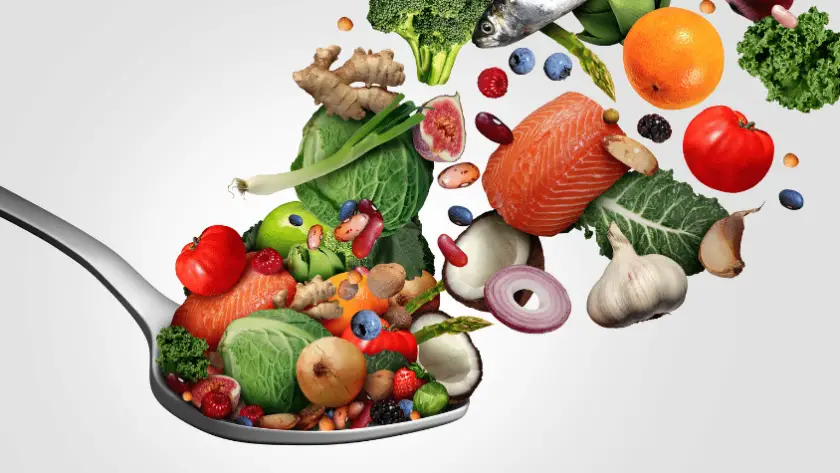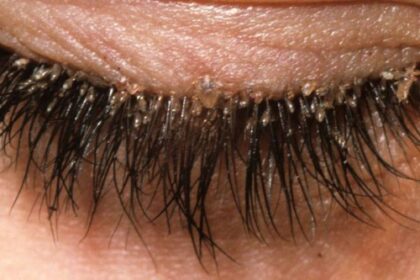For thousands of years, natural plants have been used in traditional medicine systems to prevent and treat diseases. Many plants contain beneficial anti-cancer bioactive compounds that modern research has shown to have anti-cancer properties.
Estimates suggest 50-60% of cancer patients in the U.S. use plant-derived or nutrient-based complementary therapies, either alone or with conventional treatments like chemotherapy. Compounds like curcumin from turmeric, genistein from soybeans, and sulforaphane from broccoli have exhibited anti-cancer effects in studies.
Other plant sources like rosemary, parsley, garlic, tomatoes, and ginger also contain active ingredients that may fight cancer. Numerous reviews have examined the anticancer potential of phytochemicals, sometimes focusing on specific compounds like vitamin E, resveratrol, or green tea polyphenols.
Other reviews target the phytochemical activity against certain cancer types, like colorectal, breast, pancreatic, or prostate cancers. As research continues, plant-based foods and their bioactive compounds show promising abilities to prevent and slow cancer growth through various mechanisms.
7 Anti-Cancer Bioactive Compounds, & How To Ingest Them
Apigenin
Apigenin is a flavone present in vegetables such as parsley, celery, chamomile, and the Egyptian plant Moringa peregrina. It demonstrates cytotoxic activities against breast, colon, and lung cancer cells comparable to some chemotherapy drugs. Apigenin may also stimulate autophagy and apoptosis in cancer cells through inhibition of leptin/leptin receptor signaling. Good dietary sources include parsley, celery, chamomile tea, and citrus fruits.
I take Radiate 21 each day to get lemon, lime and orange in my diet to have more apigenin.
Curcumin
Curcumin is the major component of turmeric spice. It has been widely studied for its anti-cancer effects against colon, breast, lung, and brain tumors. Curcumin appears to interfere with inflammatory pathways like NF-κB and modulate multiple cell signaling cascades related to proliferation, survival, metastasis and more. In addition to turmeric, curcumin can be found in yellow curry powders, mustards, and some ginger ales.
Click Here To Get The Highest Quality Turmeric You Can Get. Use the discount code: HealthyWildFree to get 10% off.
Crocetin
Crocetin is found in saffron, the dried stigmas of the Crocus sativus flower. It exhibits cytotoxicity against certain cancer cell lines and may inhibit nucleic acid synthesis and enhance antioxidant systems, however its mechanisms are still not fully elucidated. Beyond saffron, crocetin is also present in Buddleja officinalis flower extract.
Cyanidins
Anthocyanins like cyanidin from berries demonstrate an ability to suppress inflammatory pathways and inhibit proliferation of cancer cells. Cyanidin may target signaling related to NF-κB, AP-1, and MAPK to protect against DNA damage and malignancy. Food sources rich in cyanidins include blackberries, black raspberries, blueberries, cherries, elderberries, hawthorn berries, loganberries, acai berries, and red, black, or wild currants.
DIM/I3C
Diindolylmethane (DIM) and its precursor indole-3-carbinol (I3C) from cruciferous vegetables regulate xenobiotic metabolism and gene expression in ways that may inhibit tumor growth. They act as aryl hydrocarbon receptor agonists and appear to modulate signaling pathways like NF-κB, Akt/mTOR, and Wnt/β-catenin. Important dietary sources include broccoli, brussels sprouts, cabbage, cauliflower and collard greens.
EGCG
Epigallocatechin gallate (EGCG), the most abundant catechin in green tea, impacts pathways related to apoptosis, cell cycle arrest, angiogenesis and more. EGCG has been shown to bind anti-apoptotic proteins like Bcl-xl and influence signaling related to MAPK, Akt, and NF-κB. The primary dietary source is green tea, followed by smaller amounts in apples, peaches, blueberries, and pomegranates.
Fisetin
Fisetin from strawberries exhibits cytotoxic effects in prostate, cervical, and liver cancer cells. It may modulate signaling pathways including PI3K/Akt, Wnt/β-catenin, MAPK, and NF-κB to inhibit cancer cell growth, migration, invasion, and survival. In addition to strawberries, fisetin can be found in apples, mangoes, onions, cucumbers, and persimmons.
The array of bioactive compounds found naturally in foods represents an exciting area of cancer research. While studies have revealed the potent anti-cancer effects of phytochemicals like apigenin, curcumin, crocetin, cyanidins, DIM/I3C, EGCG, fisetin and many more, most of the research so far has been limited to preclinical studies.
More rigorous, large-scale human trials are still needed to validate their efficacy and safety for cancer prevention and treatment in humans. However, the sheer number of anti-cancer targets affected by these compounds across multiple signaling pathways continues to make food-based phytochemicals a promising avenue for combatting cancer growth.
As research continues, consuming foods rich in bioactive compounds appears to be a wise dietary strategy for reducing cancer risk and influence tumor behavior. Their ability to target malignant cells through diverse mechanisms may someday improve or complement conventional cancer therapies. But current evidence supports the simple preventive approach of eating more fruits, vegetables, teas, spices, and herbs containing nature’s anti-cancer compounds.




